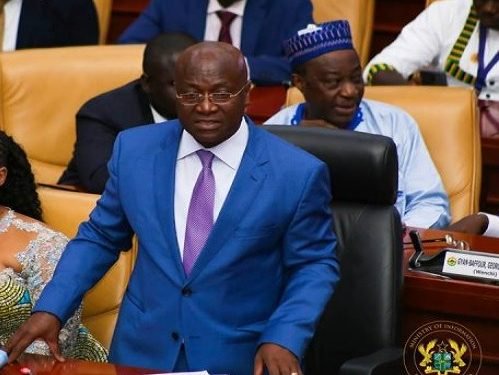
In a surprising turn of events, the government of Ghana, led by President Akufo-Addo, has decided not to present a mini-budget for the year 2025. This decision has sparked widespread debates among economists and citizens alike, particularly in light of a significant $350 million tax waiver that has raised eyebrows regarding the government’s fiscal policies. Many are questioning the motivations behind this choice, speculating that it may be an attempt to sidestep public scrutiny of financial discrepancies and the impact of such waivers on the national budget.
The $350 million tax waiver presents a complex issue, especially as it puts the spotlight on the government’s commitment to fiscal responsibility. Critics argue that waiving such a hefty sum undermines the country’s revenue generation efforts and could lead to larger budgetary shortfalls. As the country grapples with continuous economic challenges, it becomes increasingly critical for the government to maintain transparency regarding its financial decisions and to communicate the rationale behind such significant tax concessions to the public.
Moreover, the lack of a mini-budget raises questions about the government’s priorities and its approach to economic management amidst ongoing financial constraints. This decision could suggest an attempt to avoid disclosing unfavorable economic forecasts or addressing critical spending needs in areas such as healthcare, education, or infrastructure development. Citizens are understandably anxious about how these financial decisions might affect their lives, their jobs, and the overall economic stability of the nation in the coming years.
As the situation unfolds, many Ghanaians are urging the government to prioritize open dialogue and transparency in its fiscal strategies. The $350 million tax waiver could serve as a pivotal moment for President Akufo-Addo’s administration if addressed thoughtfully, leading to a renewed focus on effective governance and responsible budgeting. The citizens deserve to know how such waivers align with their interests and how the government plans to mitigate any future budgetary impacts resulting from these choices.
Source : m.dailyadvent.com




